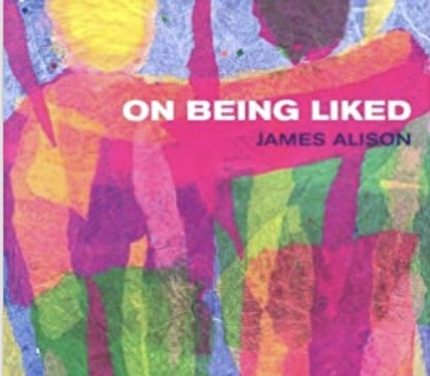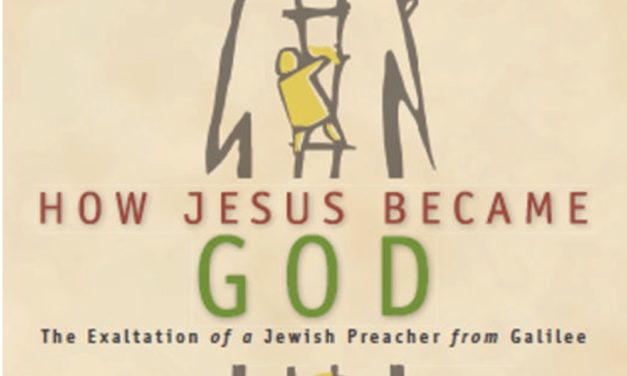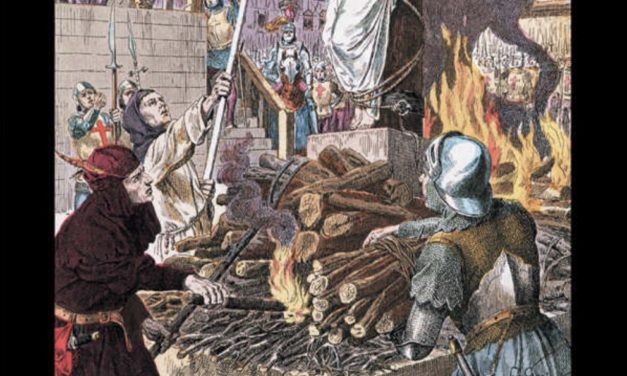On Being Liked
On Being Liked is the transforming and joyful sequel to Faith Beyond Resentment, which established James Alison as one of the most striking, original, and intellectually irresistible voices in the church. In this book he invites us to let go of a commomnly-held account of salvation and takes us step-by-step through a bold adventure of re-imagining the central axis of the Christian story, not as ‘How does God deal with sin?’ but as ‘How do we take up God’s invitation to sharein the act of creation?’.
Read More





